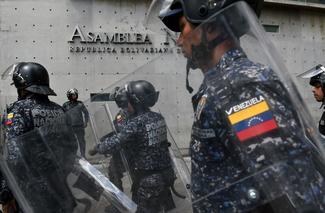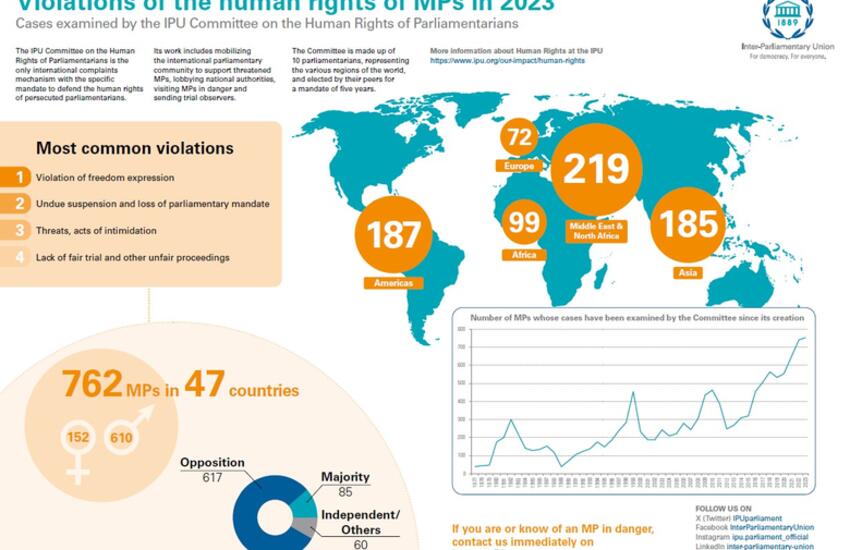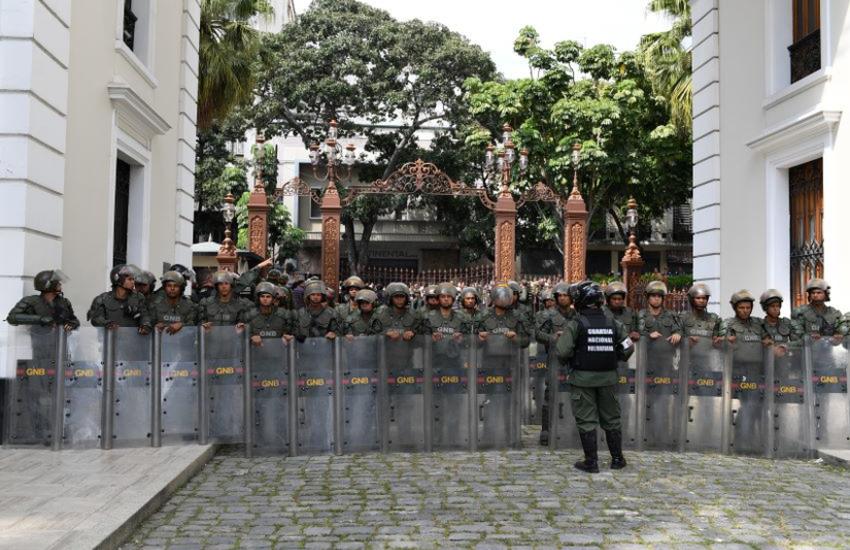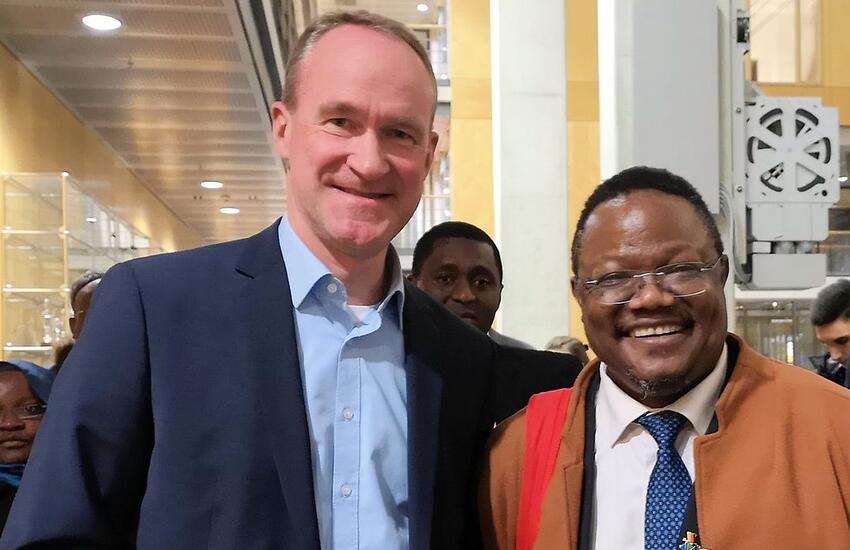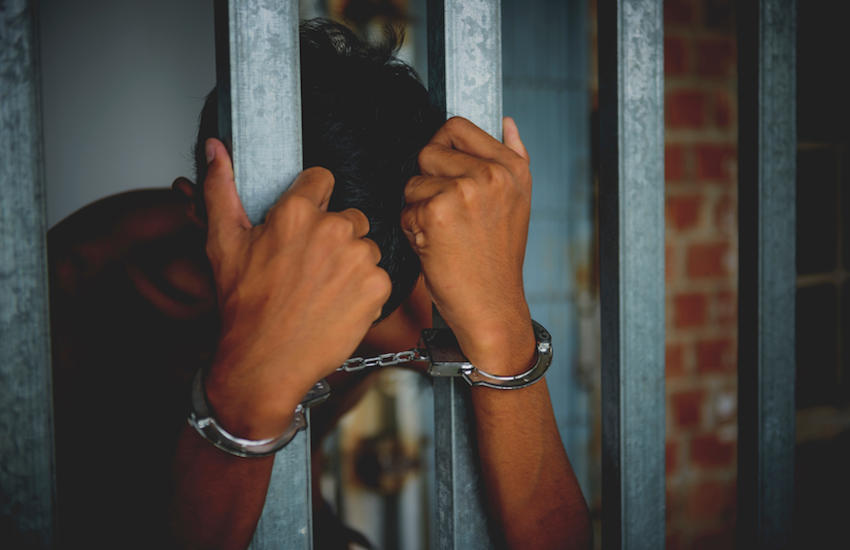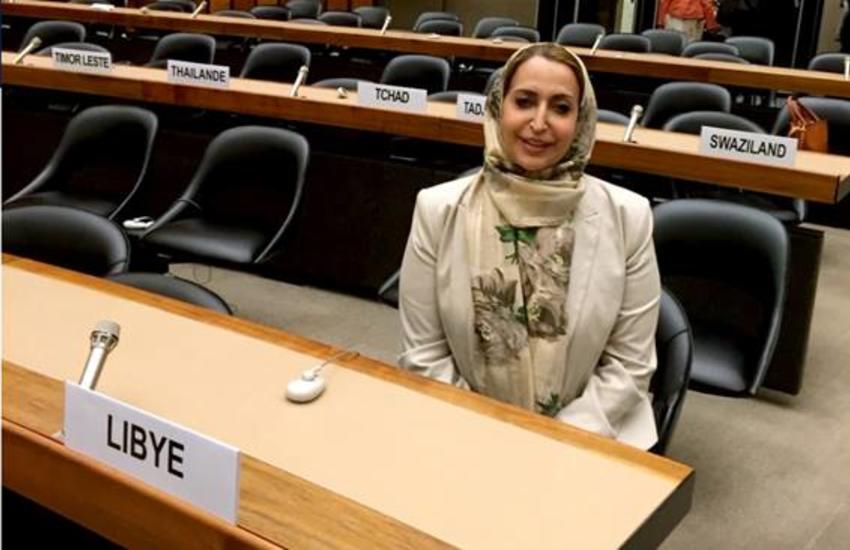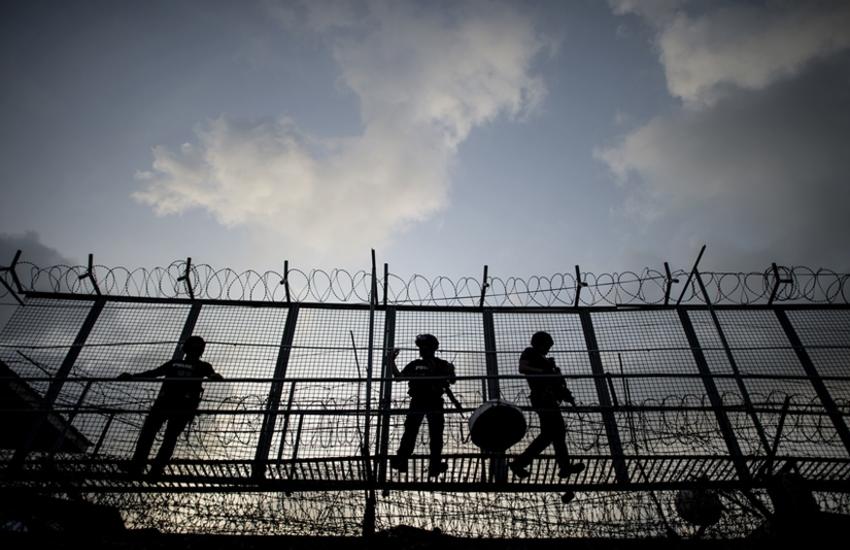New allegations of human rights violations against parliamentarians in countries holding elections have recently been brought to the attention of the IPU. The cases involve opposition MPs whose basic rights to freedom of expression, assembly and movement have reportedly been severely curtailed in the context of elections, particularly in Venezuela, Côte d’Ivoire and Tanzania.
In its most recent virtual session, the IPU Committee on the Human Rights of Parliamentarians examined and made recommendations to the IPU Governing Council regarding the cases of some 300 MPs from 19 countries. Some of the reported abuses also involve accounts of torture, sexual violence and overcrowded conditions of MPs currently in detention. The recommendations were endorsed by the IPU Governing Council at its virtual session on 3 November.
MP rights curtailed in countries holding elections
In Venezuela, the IPU continues to monitor closely allegations of human rights violations affecting 134 parliamentarians from the coalition of opposition parties, against the backdrop of parliamentary elections scheduled for 6 December.
According to evidence available to the Committee, almost all the parliamentarians have been attacked, threatened, harassed or otherwise intimidated by pro-government supporters.
In the lead-up to the elections, the Supreme Court has selected new opposition party leaders who are reported to be government sympathisers. The Court has also granted new powers to the National Electoral Council, the main oversight body for elections. The restrictions in place and the institutional framework governing the December elections appear to seriously undermine the level playing field required for free and fair elections.
In Côte d’Ivoire, the IPU reviewed the cases of nine opposition MPs who have suffered violations of their fundamental rights, including arbitrary arrest and detention. In 2019, five of them were detained in the country on charges of causing public disorder, challenging the authority of the State and spreading fake news.
The IPU had concluded that there was no material evidence proving their guilt and that the charges appeared to be politically motivated in the run-up to elections on 31 October.
According to the latest reports, on 24 September 2020, the authorities released four of the MPs. The MPs have been granted a provisional release but with serious restrictions, including participating in "political meetings".
Another opposition MP, Mr. Alain Lobognon, continues to be held in detention for reasons unknown to the IPU despite his fragile state of health. The IPU is particularly concerned about the allegedly arbritary nature of the charges against the five MPs.
In the case of Mr. Guillaume Soro, former Speaker of the National Assembly and presidential hopeful for 2020, the Ivoirian Constitutional Council invalidated his candidacy to run for election on 15 September.
Mr. Soro had been sentenced in absentia to 20 years in prison. He was also deprived of his political and civil rights for five years, making it impossible for him to run for election and suggesting that the case is politically motivated.
In Tanzania, the IPU examined new evidence of human rights violations against Mr. Tundu Lissu, a former parliamentarian and the main opposition candidate in recent Presidential elections.
Mr. Lissu returned to Tanzania in July after receiving medical treatment abroad following an assassination attempt. According to information received by the IPU, since his return, Mr. Lissu has been the target of numerous death threats and intimidation in the weeks leading up to the Presidential election on 28 October.
The IPU urges the Tanzanian authorities to investigate the assassination attempt, the alleged death threats and other forms of intimidation against Mr. Lissu.
Following recent elections in Belarus, the long-standing case of opposition MP, Mr. Victor Gonchar, is gaining new prominence. Mr. Gonchar disappeared in 1999 before he was due to present information critical of President Alexander Lukaschenko to parliament.
According to new information received by the IPU, the evidence increasingly points to the implication of high-level Belarusian state officials in the disappearance and probable murder.
The IPU Committee heard directly the testimony of Mr. Yuri Garavsky, a former security operative and self-confessed accomplice to the alleged murder. Mr. Garavsky provided detailed information on the abduction and assassination of Mr. Gonchar, including the coordinates of the location where the body had allegedly been buried.
The IPU urges the authorities to ensure that every effort is made to investigate fully the case to bring those responsible to justice.
Alleged abuses of MPs in detention
With increased risks of COVID-19 infection in crowded and confined spaces, the IPU Committee on the Human Rights of Parliamentarians also paid particular attention to the MPs around the world who are or have been in detention.
In Zimbabwe, the IPU examined the case of Ms. Joana Mamombe, an opposition MP who was detained in May after participating in a public protest for better social protection during the pandemic, while the country was in lockdown.
In detention, Ms. Mamombe was allegedly tortured, including experiencing sexual abuse.
Since her release on bail, the IPU has received reports that Ms. Mamombe’s rights have been severely restricted and that she has been re-arrested several times.
The IPU calls on the Zimbabwean authorities to ensure that the rights of Ms. Mamombe are protected and that an independant investigation is carried out into the alleged violations.
The IPU also reexamined the cases of Mr. Marwane Barghouti and Mr. M. Ahamad Sa’adat, members of the Palestinian Legislative Council, currently detained in Israel. Mr. Barghouti was arrested in 2002 in Ramallah and transferred to a detention facility in Israel. Mr. Sa’adat was transferred from Jericho to an Israeli prison in 2006.
The IPU’s position remains that both MPs did not receive a fair trial. The IPU renews its longstanding call for Mr. Barghouti and Mr. Sa’adat to be released, also in light of reports of cramped and insalubrious detention conditions which can increase the risk of catching COVID-19.
In Uganda, the IPU has been following closely the cases of five anti-government parliamentarians, including singer, Mr. Robert Kyagulanyi Ssentamu, better known as Bobi Wine, who were tortured in 2018 following arbitrary detention.
In a recent development, one of the five, Mr. Francis Zaake, was again detained by the police in April 2020 and released 10 days later. According to the information received by the IPU, Mr. Zaake was once more tortured while in detention and denied basic human rights including access to his lawyer and family.
The IPU remains concerned that more than two years after the events, no one has been held to account for the ill-treatment of the five parliamentarians. With elections scheduled in 2021, the IPU urges the Ugandan authorities to respect the MPs’ rights to peaceful assembly, to freedom of expression and to run for election.
In a new case, the IPU examined allegations that Mr. Justin Ndoundangoye, a Member of Parliament in Gabon, was tortured and experienced violence of a sexual nature while in detention in January 2020. His right to a fair trial has also reportedly been violated.
The IPU is deeply concerned about the serious nature of the human rights violations against the parliamentarian and is in contact with the national authorities to a find a rapid solution to the case.
Background
The IPU Committee on the Human Rights of Parliamentarians is the only international mechanism with a mandate to defend the human rights of persecuted parliamentarians. Its work includes mobilizing the international parliamentary community to support threatened MPs, lobbying closely national authorities, and sending trial observers. The Committee is made up of 10 parliamentarians, representing the major regions of the world, and elected by their peers for a mandate of five years.
***
The IPU is the global organization of national parliaments. It was founded more than 130 years ago as the first multilateral political organization in the world, encouraging cooperation and dialogue between all nations. Today, the IPU comprises 179 national Member Parliaments and 13 regional parliamentary bodies. It promotes democracy and helps parliaments become stronger, younger, gender-balanced and more diverse. It also defends the human rights of parliamentarians through a dedicated committee made up of MPs from around the world. Twice a year, the IPU convenes over 1,500 parliamentary delegates and partners in a world assembly, bringing a parliamentary dimension to global governance, including the work of the United Nations and the implementation of the 2030 Agenda for Sustainable Development.
For more information about the IPU, contact Thomas Fitzsimons at email: [email protected] or [email protected] or tel: +41(0) 79 854 31 53





